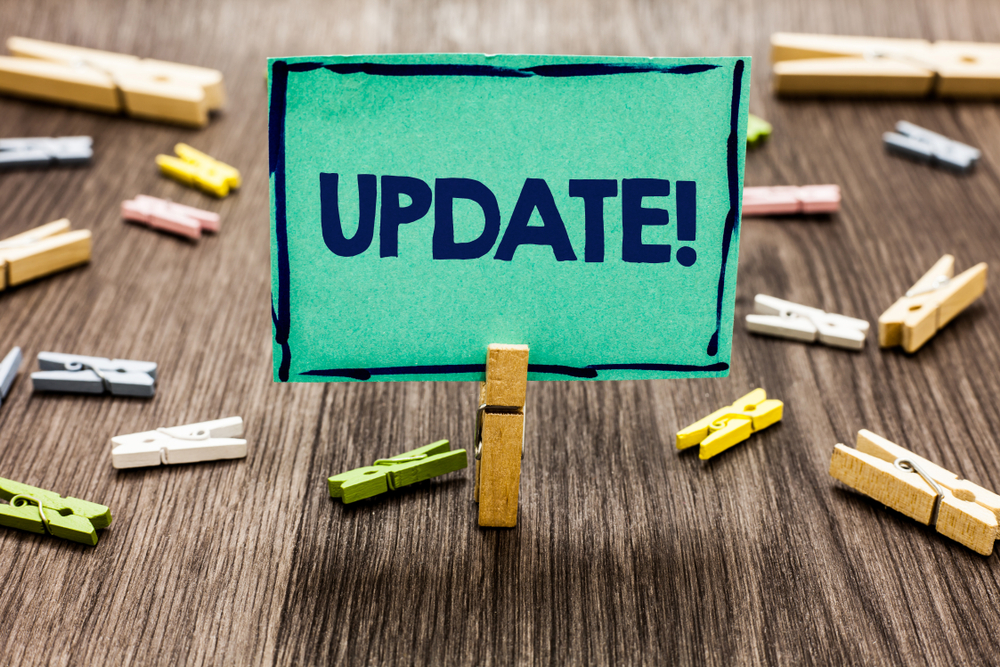Please Note: This blog is designed for general information only. The information presented at this site is not intended to provide legal advice or a legal opinion and should not be construed as the formation of an attorney-client relationship. Specific questions should be directed to an attorney at NowackHoward, LLC or to another lawyer.
Governor Kemp issued his latest Executive Orders on Monday, June 29.
In his Executive Order entitled “Renewal of Public Health State of Emergency”, Governor Kemp again extended through August 11 the Public Health State of Emergency initially declared on March 14, 2020 for compliance with Georgia HOA laws and guidance.
Governor Kemp also entered an Executive Order entitled “Empowering a Healthy Georgia”. Unlike previous Orders, this Executive Order does not change the mandates affecting in-person operations of condominiums, HOAs and other organizations that are not Critical Infrastructure. Instead, it effectively extends the provisions in the expiring Order entered on June 11 applicable to condominiums and HOAs until 11:59 pm on July 15, 2020. For our analysis of the expiring June 11 Order, please see our Community Advisor Alert dated June 12, 2020.
Additionally, as reported extensively in the media, last Friday, the General Assembly passed legislation which amends Georgia HOA laws to afford immunity from liability for damages in a lawsuit involving exposure to, transmission of, and infection with COVID-19 to community associations and other entities, individuals, and healthcare facilities and providers. Known as the Georgia COVID-19 Pandemic Business Safety Act, the legislation will become effective on August 7 unless signed earlier by Governor Kemp or vetoed by the Governor.
Follow along as we analyze how we believe the new statute, once it becomes effective, will apply to a board of director’s decision to open or to continue to operate condominium and HOA pools and other amenities. It is intended to again provide the most current information to make those decisions. As always, contact us to address your community’s specific issues and receive legal advice for your association on this update and other critical Georgia HOA laws.
Immunity Does Not Mean Exempt from Being Sued, Under Georgia HOA Laws
The use of the word “immunity” in the legislation may mislead boards into over-reliance on the new statute. The immunity created does not mean a covered party cannot be sued. It does not create an exemption from being sued. A law cannot prohibit a person from filing a lawsuit. The most the legislature can do is to set the burden of proof required to win a lawsuit, as it did in the new law. It sets a burden of proof that will be very difficult to satisfy in order for a potential plaintiff to win a lawsuit related to contraction of COVID-19 at an amenity. A claimant will have to prove the actions of the community association/its board of directors showed: gross negligence, willful and wanton misconduct, reckless infliction of harm, or intentional infliction of harm. Each of those standards involve a careless disregard of a duty or an intentional act to harm.
By establishing such a burden of proof, the new Georgia HOA laws confirm our previous discussions that winning a COVID-19 lawsuit for damages is unlikely. The main risk to an association continues to be the cost to defend one of those suits for the reasons we have discussed at length in our previous Community Advisors.
A Person Who Enters an Amenity Presumably Assumes the Risk of Contracting COVID-19
In addition to creating the higher burden of proof to win a claim, the new law confirms our opinion that a person can assume the risk of exposure to the coronavirus, not waive a claim for contracting it. In fact, the new law states that in an action involving a COVID-19 liability claim, there is a rebuttable presumption that a claimant assumed the risk of infection if certain signage is posted at the entry to premises. This presumption means a person is deemed to have assumed the risk of infection when entering such an in-person venue. To rebut that presumption a person would have to prove that the actions of the association/board intentionally failed to comply with the requirements and guidelines.
Additional Signage Required
The signage required by the new law is a sign posted at a point of entry to the premises that states in at least one-inch Arial font placed apart from any other text, the following: “Warning: Under Georgia law, there is no liability for an injury or death of an individual entering these premises if such injury or death results from the inherent risks of contracting COVID-19. You are assuming this risk by entering these premises.” When this new law becomes effective, we recommend that each association place a sign meeting these criteria at each point of entry to any pool or any other community association amenity open for use.
In the meantime, since that presumption and the immunity protections discussed above do not exist until the new law becomes effective, associations should continue to require every amenity user to sign the Assumption of the Risk document we created exclusively for the use of our clients. After the effective date, in addition to the above-referenced signage, it is our recommendation that associations continue to require each user to sign that document in order to show that all users expressly agreed to assume the risk. So, when entering an amenity, a person will have assumed the risk of contracting COVID-19 both presumptively and actually.
The Burden of Proof is a Dual-Edged Sword
A further caution is warranted. The burden of proof is a dual-edged sword. It works in favor of an association by requiring a claimant to prove an association acted improperly. It works in favor of a claimant and against an association when an association fails to operate the pool or other amenity in compliance with the Governor’s Executive Orders, current Georgia HOA laws and applicable guidance from the Georgia Department of Health and CDC. Any failure could be used to prove the association did act improperly, resulting in the awarding of damages.
Why Won’t Our Insurance Agent / Company Give a Straight Answer on Coverage?
Many of our clients have expressed real frustration with insurers and agents not specifically answering questions about coverage of COVID-19 claims. We have seen that insurers have responded by pointing to provisions of their policies which likely exempt coverage without definitively stating a position. The question of coverage for claims related to the COVID-19 pandemic have not and will not be determined until demands are made and lawsuits are filed, triggering the question of coverage based on the facts alleged. Because claims for bodily injury are fact dependent, no carrier will give an advance opinion of whether claims will be covered prior to reviewing the specific facts in a pending claim. The response is no different than any other professional giving the likely answer but not committing until the actual facts and circumstances are known. The fact-dependent question of coverage is all the more relevant with the burden of proof which the new law imposes. That said, as we have previously advised, we do encourage community associations considering whether to open the pool to check with their insurers before doing so to confirm that the insurer will not cancel coverage if the association opens the pool.
Although the burden of proof and the presumed assumption of the risk imposed by the new law may have the effect of greatly discouraging the filing of lawsuits, community associations still have the legal obligation to comply with the Governor’s Orders and should also implement the Georgia Department of Health and CDC guidance to lessen the chances that an association / board would be found to have acted with gross negligence, willful and wanton misconduct, reckless infliction of harm, or intentional infliction of harm. While acting in compliance will make it hard for a claimant to win any damages, a decision to open a pool and other amenities will continue to expose each association to the possibility of incurring the cost of defense of such a lawsuit. Our best advice continues to be for each board to determine the association’s ability to comply with the requirements of the Governor’s Executive Orders and the guidance issued by the Georgia Department of Health and the CDC prior to making a decision on whether to open the pool or other amenity or to continue the operation.
*****
We continue to be grateful for the many words of thanks and appreciation recognizing the effort that goes into preparing our Community Advisors. Look for more editions as Governor Kemp issues his bi-weekly Executive Orders. NowackHoward is dedicated to our tagline, The Counsel Every Community Needs. Perhaps now, more than ever.


